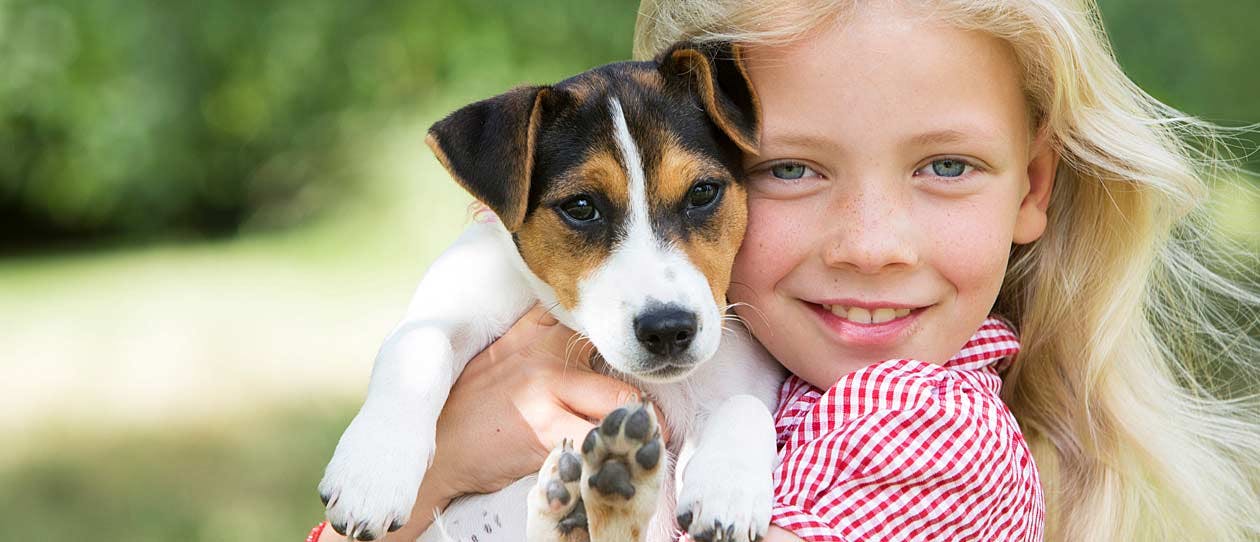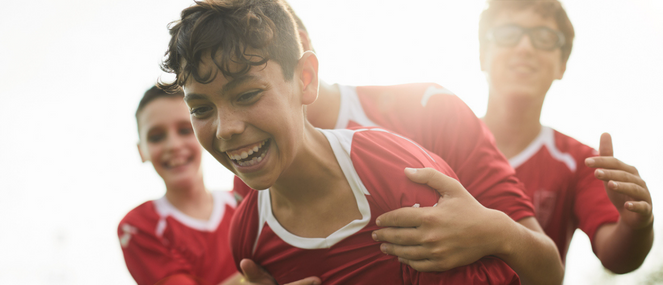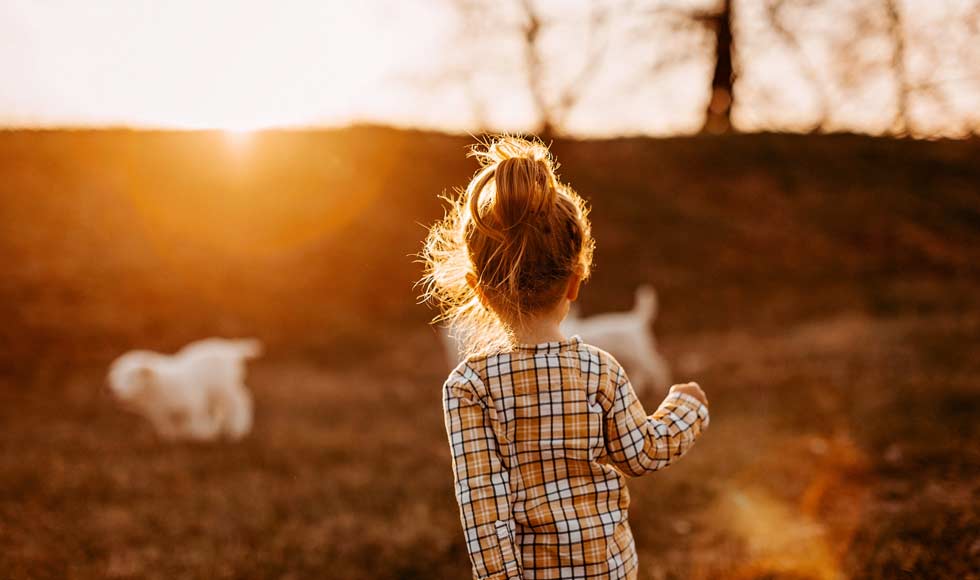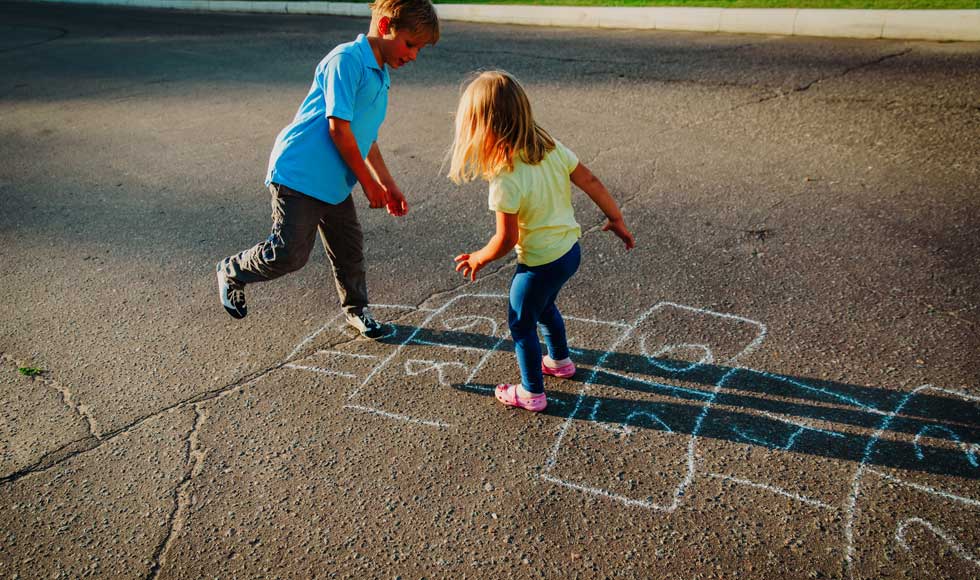
- Health hub/
- Kids Health/
- Pets And Kids - Pros And Cons Of Owning A Pet


The good news for browbeaten parents everywhere is that for once, children may actually know what’s good for them!
Although there are many health and wellbeing benefits for children and families with pets owning an animal is not a decision to be taken lightly. When it comes to our furry, feathered and scaly friends, parents should weigh up all the pros and cons before being pushed into making a decision as - although it varies depending on the species, pet ownership is a big commitment.
But let’s start on the plus side. Most pets are a positive influence and for children the physical and mental advantages of ownership may be more pronounced.
Respiratory health
A recent Finnish study of 397 infants found that having a dog or cat at home during the first year of life might offer young children some protection against respiratory illnesses. The study also found that those with dogs had fewer infections and tendered to need fewer courses of antibiotics than those not exposed to them. The researchers also concluded that animal contact may contribute to improved resistance to infectious respiratory illnesses during childhood.Ease anxiety
Although more research into effects of animal-human interaction is required, if a close relationship with a pet is experienced, like any good friendship, there is often psychological benefits – such as higher self-esteem, to the child. It has also been reported that pets, in particular dogs, act as good natural stress natural relievers - think fish tanks in doctors’ offices, and for this reason they may also be potentially useful aids for parents of shy or overly anxious children.Responsibility and companionship
Owning an animal can help children develop nonverbal communication skills as well as encouraging qualities like empathy and responsibility. Getting children - particularly school-aged kids, involved in a pet’s upkeep is also a good exercise in accountability. On the flip side most animals make great, non-judgmental companions.Active lifestyle
Another happy coincidence of pet ownership is that it tends to keep owners active. Children with pets may be more inclined to spend time outdoors playing with their animal/s than those without. For older children, if encouraged, a daily ritual of walking the dog around the block is a great way to introduce a healthy, life-long exercise habit.Although benefits generally outweigh the downsides, pets may not be a perfect fit for all families. Here are some things to be mindful of when deciding whether to take the plunge or not.
Allergies
For families with a history of allergies many pets spell bad news. Although there are certain types of dogs, for example, Labrodoodles, that have been bred specifically not to agitate allergy symptoms, it might be safer – particularly for young children, to avoid pets or stick to safer options - like fish.High stakes
Matching the right animal to lifestyle need is vital as if, for example, a more aggressive species of dog or cat is unwittingly brought into a family the consequences to a child’s safety and wellbeing could be devastating. Even some animals that are known to be good-natured can turn out to be volatile and should always be carefully monitored around children. Making an inappropriate pet choice could even be counterproductive. If a young person has a negative experience, a life-long fear and mistrust of animals could result – so it’s important to think the decision through from the outset.Get real
Although animals are a practical way to teach children independence and responsibility for some kids it may end up being a bit too much. This might mean that mum and dad have to pick up the slack until kids reach an age or maturity level that they are better equipped to manage the workload that goes with owning a pet. Kids may even start off enthusiastically but, as they enter their teenage years, interest and priorities change so parents should be prepared and ready to deal with a range of scenarios.Dealing with loss
When children develop a close relationship to a pet it can be distressing when the animal dies and often - as it’s generally the first experience of loss, bewildering. The Victorian RSPCA suggests that parents talk to children about pet loss and answer questions as openly and honestly as possible - although it may not always be appropriate to go into details of how an animal died. Doing things like holding a memorial service rather than trying to sweep a pet’s disappearance under the carpet can help but dealing with loss is generally heartbreaking for all involved.References available on request




